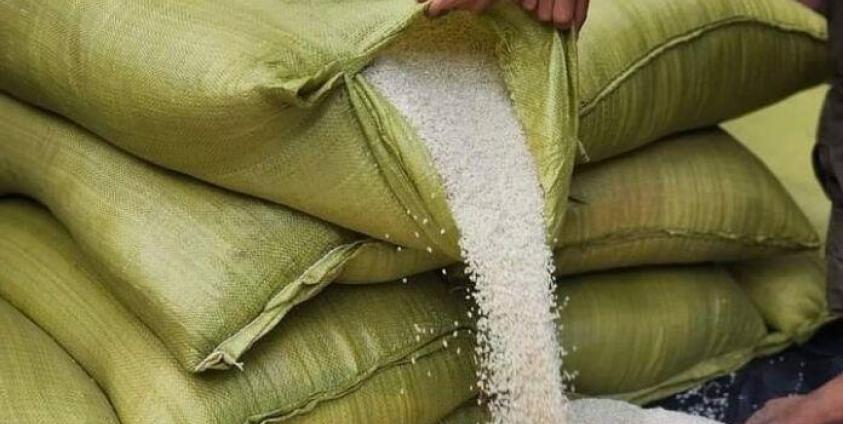To regulate the rice and paddy trade among war-displaced people in Karenni (Kayah) State, the Karenni State Interim Executive Council (IEC) and civil society organizations (CSOs) held discussions and established specific pricing.
"Simply put, farmers, entrepreneurs, mill owners, we from the IEC, and CSOs all met and discussed together. The IEC negotiated with the public and CSOs, who are primarily responsible for food aid, and we reached a pricing agreement,” U Banyar, Secretary No.2 for IEC told Kantarawaddy Times.
Currently, in the eastern part of Demoso Township in Karenni State, the price of rice is set at 3,300 MMK per viss and raw paddy at 1,600 to 1,700 MMK per viss, while on the western side, the price of rice is set at 3,100 MMK per viss. (1 viss = 1.6 kg)
The IEC and CSOs attempted to set a standard price to facilitate the rice and paddy trade, but currently, few people are adhering to it.
A trader mentioned that since the fixed prices were established, paddy trade activity has significantly decreased, though this trend is not yet observed in the rice trade.
"The IEC stepped in to regulate a price that would be fair for both sellers and buyers. However, when buyers can't afford the set price for rice, traders end up selling at a lower price, which has caused paddy prices to drop as well. This results in financial losses for farmers selling paddy,” he said.
Farmers who sell paddy told Kantarawaddy Times that the fixed price would harm them, as they have invested significant amounts of money during cultivation.
"We understand that the IEC prioritizes war-displaced people, but it should also consider whether the fixed prices are economically viable for farmers like us. While we appreciate the IEC's intention to regulate paddy prices, the high costs of fuel and fertilizer are not being addressed. If these costs were fixed, it would help us sell paddy at a stable price,” a farmer said.
The IEC assures that the prices set in consultation with CSOs can be adjusted at any time based on changing conditions.
In the current situation, aid organizations supporting war-displaced people and resistance forces are the primary buyers of large quantities of rice from farmers. Therefore, negotiations are ongoing to ensure the trade is as convenient as possible for both sellers and buyers.
U Banyar stated that the current price regulation only covers rice and paddy produced in Karenni State, and it remains challenging to set uniform prices for rice and paddy imported from other regions.







